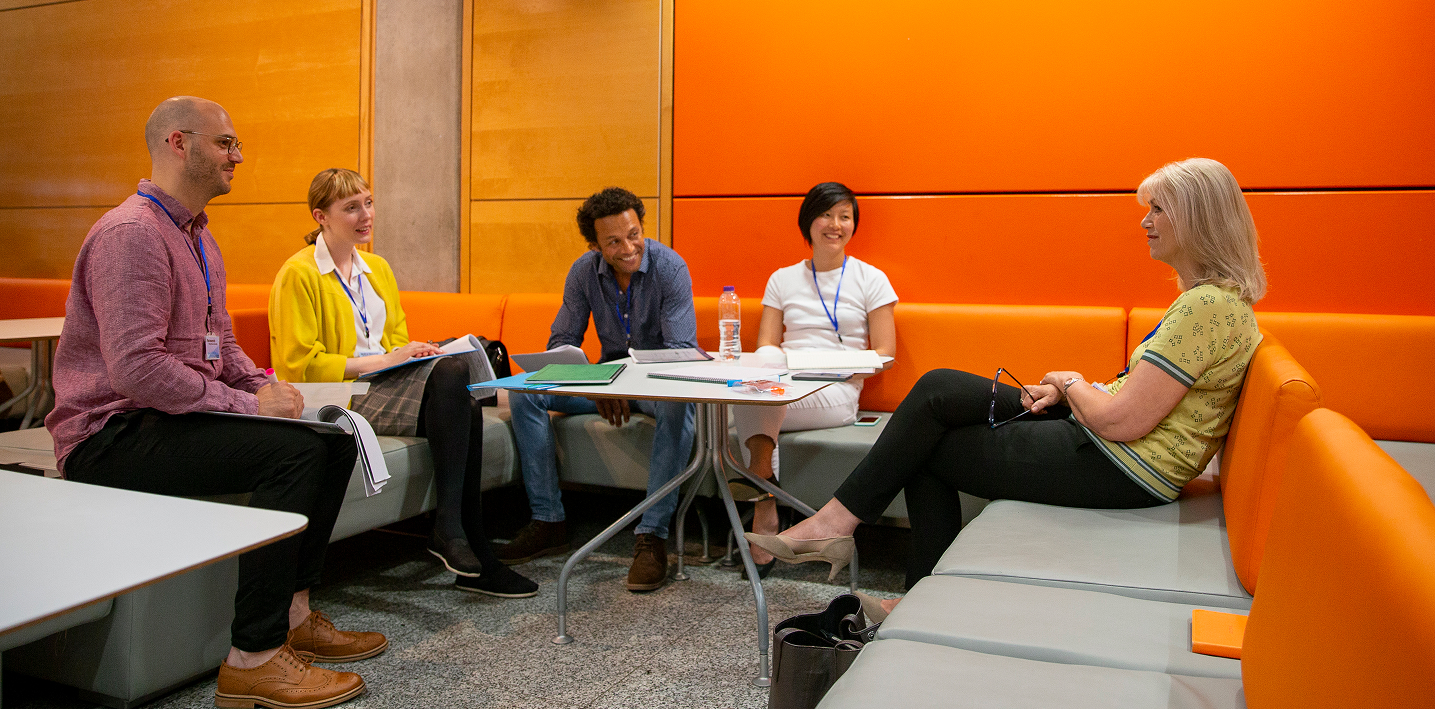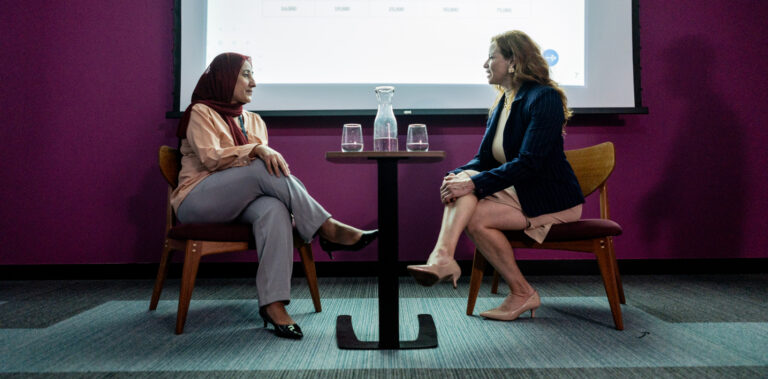Let’s stop calling them ‘Soft Skills’

Georgie Russell, Associate Director at Bladonmore, looks into why the much-maligned ‘soft skill’ is in dire need of a rebrand – and why large corporates are leading the charge.
When I told my brother I was leaving the BBC to become a media and presentation coach, his reaction was crushing.
‘Oh no’, he said. ‘Not soft-skills training.’
In his world, soft skills were seen as non-essential – nice-to-haves, not must-haves. At the time, he didn’t see the value.
Fast forward a few years, and now he’s struggling to hire new talent. Why? Because so many candidates lack the very thing he once dismissed: soft skills. Over lunch recently, following a gruelling week of unrewarding interviews, he sighed and said, ‘I just don’t want to work with any of them.’
UK Country Manager at LinkedIn, Janine Chamberlain, says it’s time we stop calling them soft skills and start calling them what they truly are, human skills. ‘Soft’, in her view, is way off the money. She says skills such as creativity, collaboration, strategic thinking, empathy, and the ability to read a room are in fact, ‘hard to build,’ whilst also being ‘critical to our value in the workplace’.
And in an age where AI is transforming industries, our human edge is more important than ever. Lars Strannegård, President of the Stockholm School of Economics, captures the point well: ‘We need empathy, because machines don’t have it.’
My brother would have loved a large dollop of empathy for his needs as a recruiter. He’s not a mind-reader, he can only cast judgement on what candidates are willing to share.
It’s clear from our work with graduates and interns across industries that young people are still carrying the hallmarks of Covid today, emerging from education, long on digital skills, short on self-esteem. Their desire to fit in and sound the part means personalities get left at the door. Jargon replaces authenticity and bright individuals morph into indistinguishable, uninspiring robots.
Just recently, I coached a young graduate struggling to land a job. He gave me a painfully generic rundown of a previous employment, highlighting how the experience had contributed to strong customer service skills, nimbleness, and excellent payment system management.
Reader, he’d worked in his local pub.
Imagine the stories he could have shared from that job – funny, vivid, relatable ones – that would have not only illustrated those skills, but also served to reveal who he was as a person. Poor human skills are closing doors and stifling opportunity.
Companies looking to bring on the next generation of business leaders know it. And they are rattled. Soft-skills training is gaining currency. Many of our corporate clients now ask us to deliver Effective Communication workshops as part of their graduate programmes.
It’s important work at an important stage. We humans must play to our strengths. We must be ever more aware of where we go above and beyond the tech that we work with, and give those skills a proper name: not soft, but vital and uniquely human.
If you want to help your team improve their human skills, get in touch.
Share article


